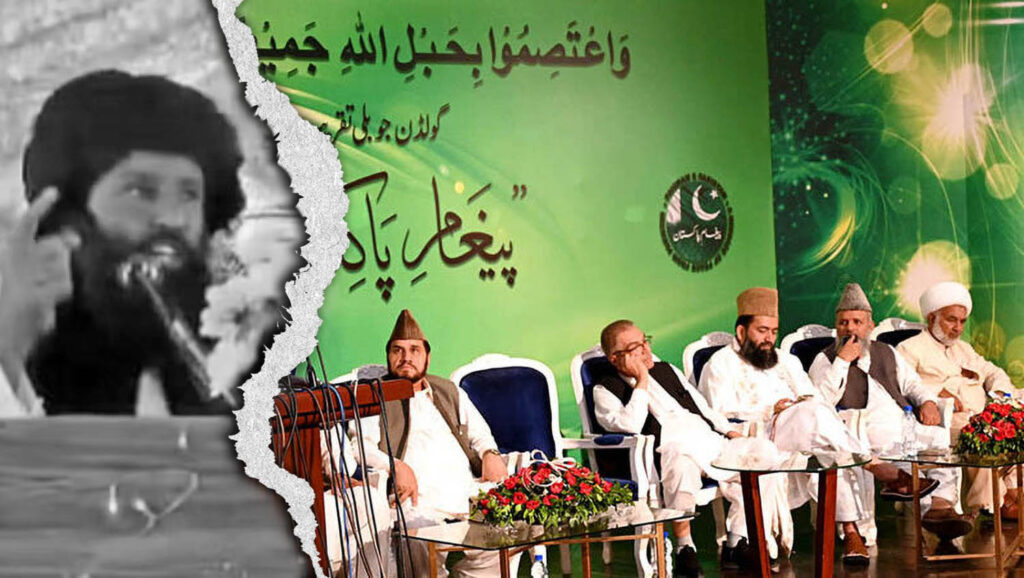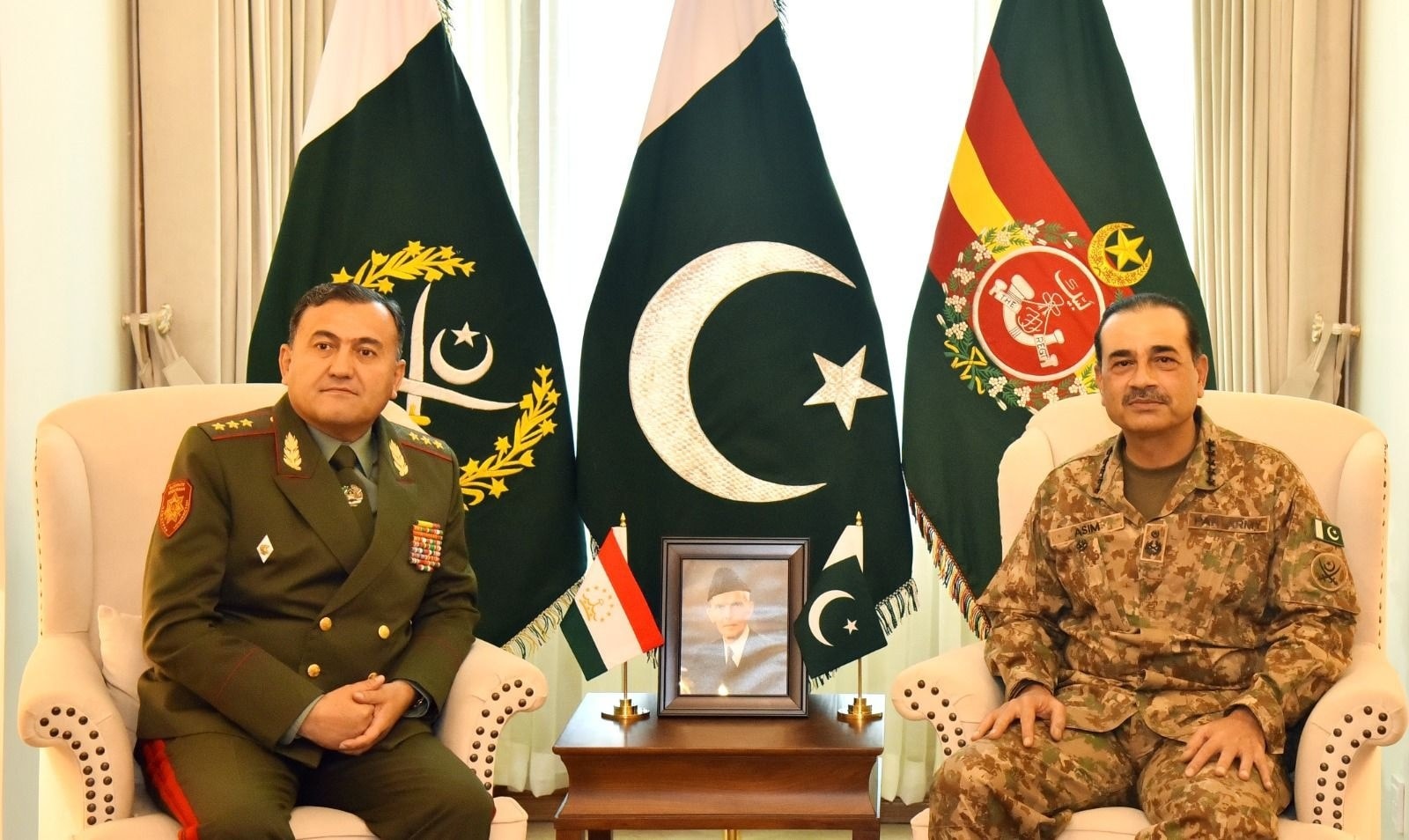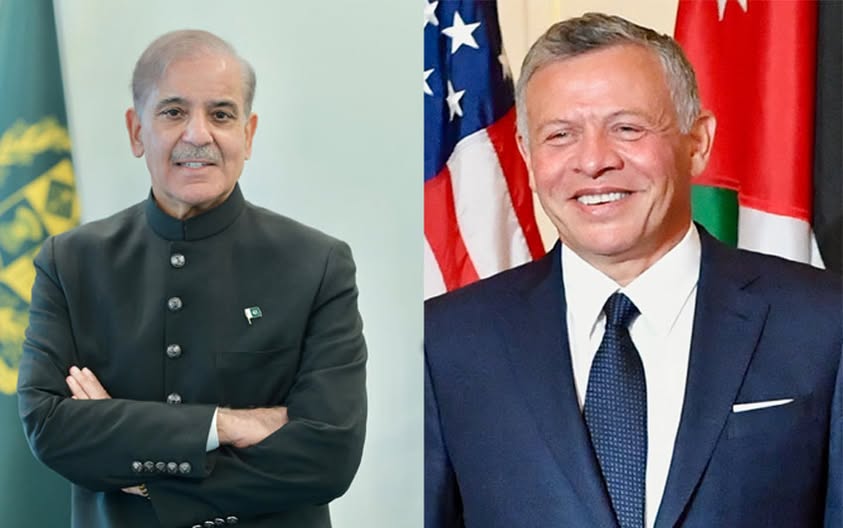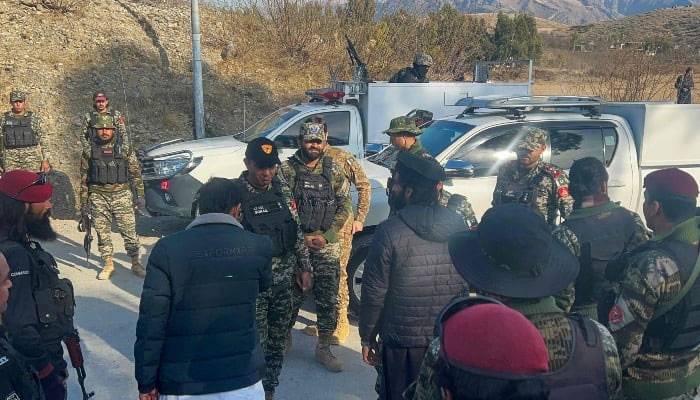The Paigham-e-Pakistan (Message of Pakistan), issued by leading Pakistani scholars, is a comprehensive national charter that offers a robust Islamic and constitutional response to challenges like extremism and sectarianism. The document highlights principles of state stability, intellectual moderation, and peaceful coexistence from various perspectives.
Upholding Covenants and National Charter
A central theme of Paigham-e-Pakistan is the sanctity of fulfilling covenants and loyalty. It strongly condemns the tendency of extremist elements who, in the name of religion, reject the national civic covenant (the Constitution) or oppose international agreements.
Islamic Mandate: Islam considers it obligatory to honor all promises and treaties. Their violation, especially participating in armed insurgencies across borders, is categorized as treachery and Fasad fil-Ard (Mischief on Earth), which is strictly condemned in the Quran and Sunnah.
The Constitution of Pakistan and international treaties align with the Maqasid al-Shari’ah (Objectives of Islamic Law: protection of life, religion, intellect, progeny, and property). Violating them contravenes Islamic principles of peace and justice, weakens the state, and damages Islam’s global image.
Exclusive State Authority for Jihad and Qital
Islamic Sharia is clear: the authority to declare Jihad and Qital (warfare) rests exclusively with the Islamic state’s domain. This decision cannot be made by any individual, group, or faction.
The Quran prescribes severe punishments for those who wage war against God and His Messenger and spread Fasad fil-Ard (Al-Ma’idah: 33). The Prophet Muhammad (PBUH) stated, “Whoever takes up arms against us is not one of us” (Sahih al-Bukhari).
Paigham-e-Pakistan unequivocally declares that the use of force in the name of implementing Sharia in Pakistan, armed confrontation against the state, and all forms of terrorism are forbidden, absolutely unlawful (Haram), and constitute a punishable offense of rebellion against the state. The sanctity of human life necessitates a comprehensive state authority to safeguard its citizens.
Lessons from the Saudi Counter-Extremism Model
Saudi Arabia’s Countering Violent Extremism (CVE) model is a successful strategy that integrates religious education, psychological rehabilitation, and social reintegration within a state framework.
Centers like the Prince Mohammed bin Nayef Center for Counseling and Care demonstrate that intellectual reform is often more effective than mere punishment.
Pakistan can leverage this experience by aligning the Paigham-e-Pakistan document with rehabilitation programs, Madrasa reforms, and social development projects. National security, the charter suggests, depends not just on border protection but on intellectual reform of hearts and minds.
Inter-Faith Harmony and Constitutional Rights
The Constitution of Pakistan, as a multi-religious state, guarantees religious freedom, equal citizenship, and peaceful coexistence to all citizens (Article 20).
The core principle of the Quran and Sunnah is the respect for humanity, justice, and kindness towards others, commanding justice and good conduct even toward non-belligerents (Al-Mumtahanah: 8).
The Prophet (PBUH) exemplified justice and protection for non-Muslim citizens, declaring that he would be an adversary on the Day of Judgment against anyone who oppresses a non-Muslim citizen.
Paigham-e-Pakistan emphasizes that protecting the rights of minorities is not merely a legal requirement, but a Quranic duty.
Constructive Role of Women Against Extremism
Islam positions women as active and equal partners in knowledge, social reform, and intellectual leadership.
The Quran states that believing men and women are allies who enjoin good and forbid evil (Al-Tawbah: 71). Historical figures like Khadijah (RA), Aisha (RA), and Umm Salama (RA) provided examples of this intellectual Jihad.
Since extremist groups often mislead youth and women, women have the power to change this narrative by becoming teachers of peace, knowledge, and tolerance in homes, seminaries, and universities. The Paigham-e-Pakistan recognizes women as a fundamental pillar of national harmony.






